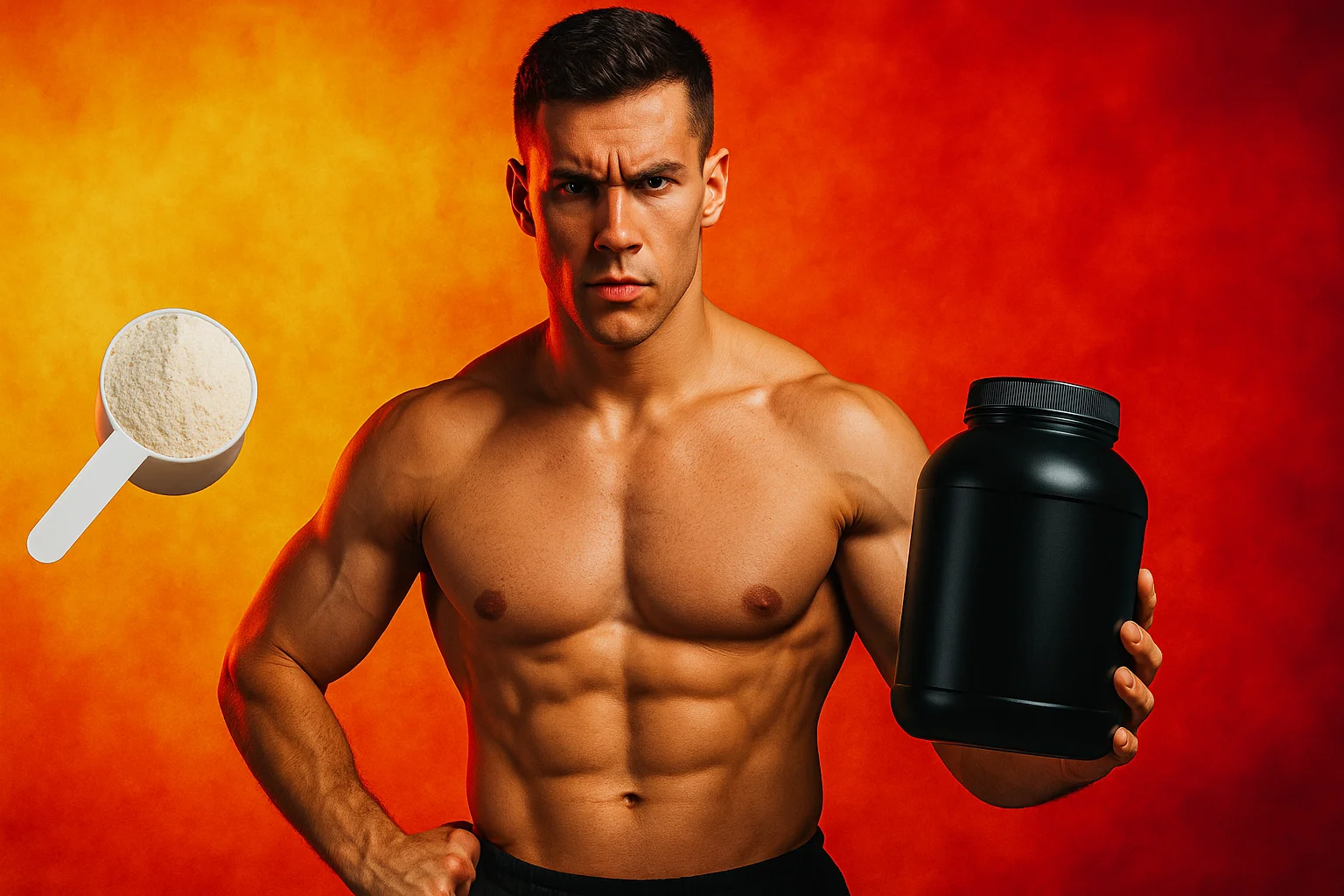
Elite Nutrition & Protocols
Your biological hardware is only as effective as the fuel you provide. Discover the high-performance dietary architecture and clinical supplement stacks required to dominate.
The Nutrient Performance Matrix
To build an elite physique, you must move beyond “eating clean” and start thinking in bio-availability and metabolic windows. This matrix categorizes the physiological demand of specific nutrients based on your primary training objective. Whether you are in a neural-heavy strength block or a high-volume hypertrophy phase, your metabolic needs shift. Use this table as your foundational roadmap for ingredient selection.
| Performance Objective | Primary Nutrient Class | Optimal Daily Target | Critical Function | Source Selection |
|---|---|---|---|---|
| Muscle Hypertrophy | Leucine-Rich Proteins | 1.0g – 1.2g / lb LBM | mTOR Activation | Whey Isolate, Lean Beef |
| Anaerobic Explosiveness | Complex Glycogens | Activity Dependent | ATP/CP Resynthesis | Sweet Potato, Jasmine Rice |
| Endocrine Support | Cholesterol & Saturated Fats | 0.4g / lb Bodyweight | Steroidogenesis | Whole Eggs, Macadamia |
| Joint Longevity | Collagen Peptides | 15g – 20g Daily | Connective Tissue Repair | Bone Broth, Supplement |
| Cognitive Sharpness | DHA/EPA Fatty Acids | 3000mg Combined | Neural Membrane Health | Wild Salmon, Krill Oil |
| Neural Recovery | Magnesium Biglycinate | 400mg – 600mg | GABA Regulation | Spinach, Supplement |
| Fluid Conductivity | Trace Electrolytes | Targeted Na/K Ratio | Muscle Contraction | Celtic Salt, Coconut Water |
| Nitric Oxide Saturation | L-Citrulline Malate | 6g – 8g (Pre-Workout) | Vasodilation | Watermelon, Supplement |
| Gut Barrier Integrity | L-Glutamine | 10g – 20g Daily | Villous Protection | Fermented Dairy, Beef |
| Fat Oxidation | L-Carnitine L-Tartrate | 2g Daily | Mitochondrial Transport | Red Meat, Supplement |
Foundational Nutrition Architecture
Most men fail because they build their nutrition on a weak foundation. Real performance nutrition isn’t just about total calories; it’s about hormonal signaling and inflammatory management.
We treat food as information. Every meal sends a signal to your body: either to build and repair or to store and inflame. Our architecture focuses on bio-available proteins to spark protein synthesis, complex carbohydrates to fuel the glycolytic system, and high-quality fats to provide the building blocks for testosterone. By mastering these pillars, you eliminate the metabolic noise that slows down most athletes.
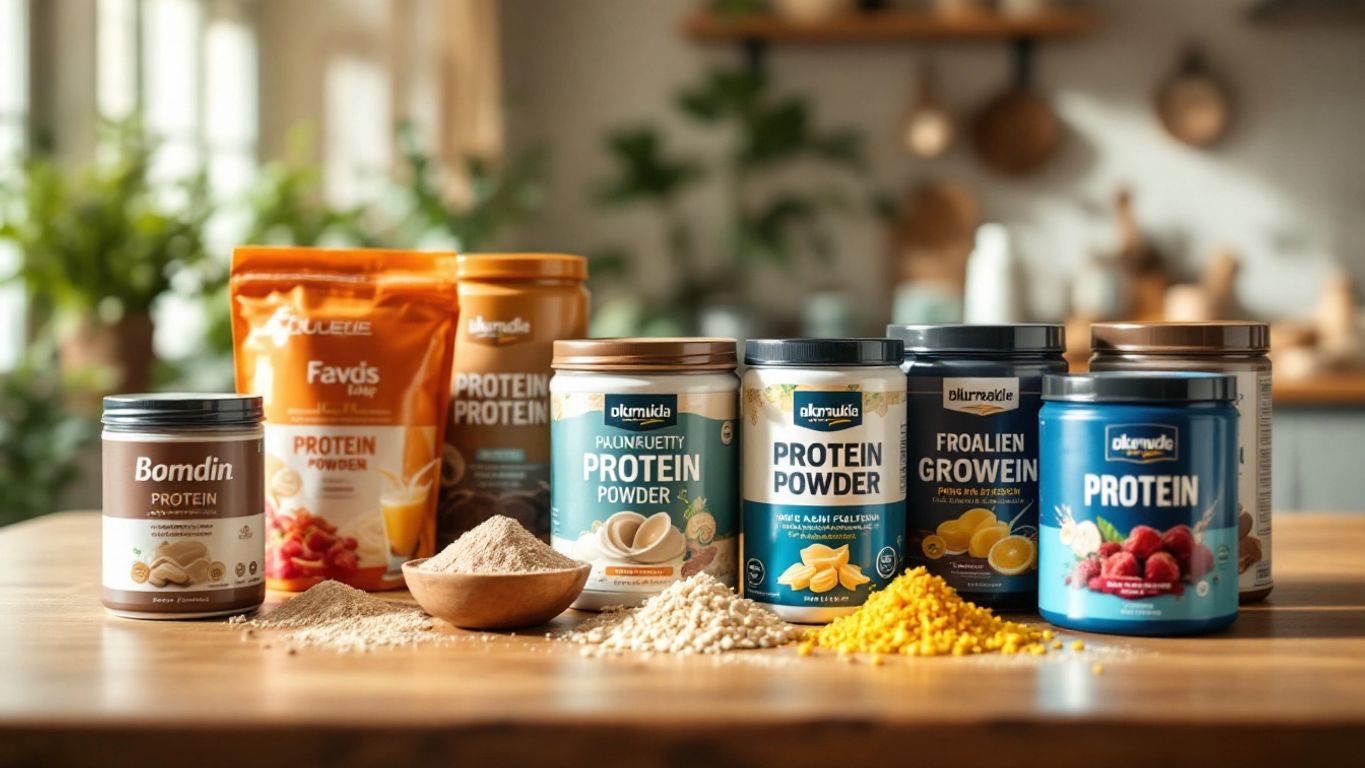
The Protein Protocol
Discover the clinical science behind high-leucine protein sources and why timing matters more than you think.
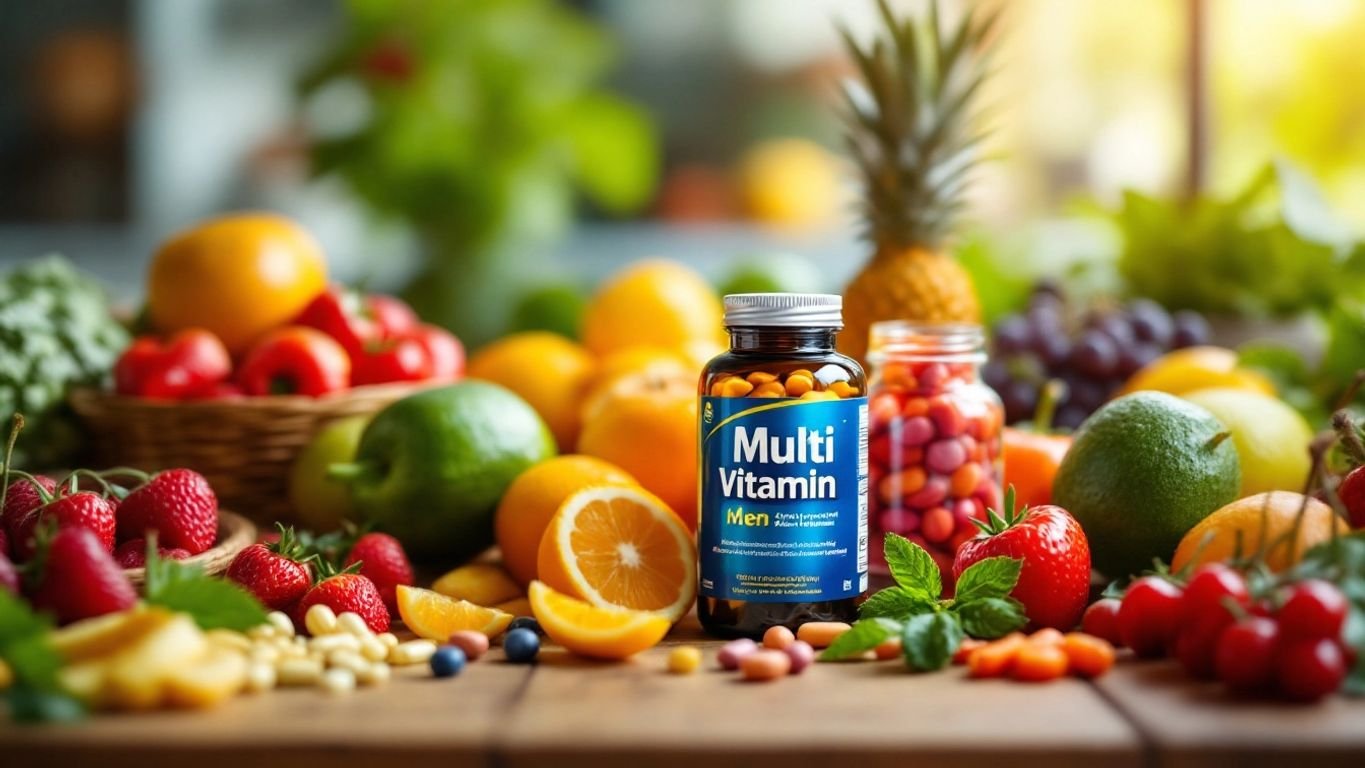
Micronutrient Mastery
Closing the nutritional gaps. Why a targeted multi-vitamin is your insurance policy against burnout.

Hydration Intelligence
Beyond water. How electrolyte ratios (Na/K/Mg) determine your muscle’s power output and endurance.
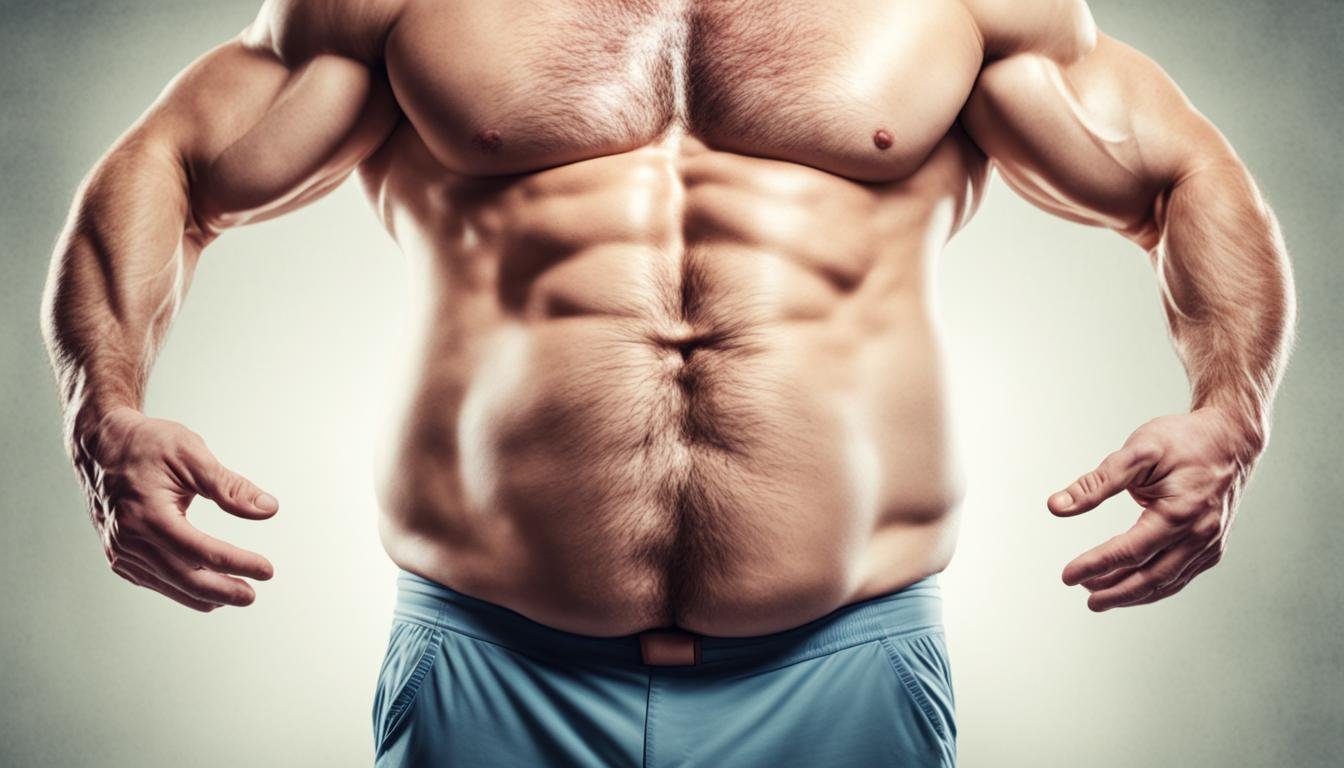
Metabolic Balance
Managing insulin and cortisol to ensure your body is in a state of fat oxidation rather than storage.

Clinical Grade Creatine Monohydrate
Creatine is not just a muscle builder; it is the master of ATP resynthesis. For men training at high intensities, creatine monohydrate is a non-negotiable tool that increases work capacity, improves brain health, and facilitates cell volumization. We recommend clinical-grade, micronized powder to ensure maximum absorption without gastrointestinal distress.
- Pharmaceutical Grade Purity
- Micronized for Zero Sediment
- Proven Cognitive Support
- Maximum Power Output
Hormonal Vitality & Androgen Support
Your endocrine system is the “software” that runs your “hardware” (muscle). If your hormones are suboptimal, your hard work in the gym is essentially wasted.
The T-Optimized Diet
Hormonal optimization begins with the proper macro-split. We prioritize saturated and monounsaturated fats as they serve as the direct precursor to testosterone synthesis. Dropping fats too low is the fastest way to crash your androgen levels and spike cortisol.
Read the Macro Guide →Mineral Antagonists
SHBG (Sex Hormone Binding Globulin) is the “handcuff” that keeps your testosterone from being used. We use targeted minerals like Zinc and Boron to lower SHBG and increase the amount of “Free” Testosterone available to your tissues.
Explore Trace Minerals →The Sunshine Hormone
Vitamin D3 is not a vitamin; it’s a steroid hormone. Deficiency in D3 is linked to lower serum testosterone and reduced muscle fiber contraction. Optimizing your levels to the 60-80 ng/mL range is a baseline requirement for athletic success.
View D3 Protocol →Elite Testosterone Catalyst
When lifestyle measures hit a plateau, targeted supplementation provides the biological push needed. Testodren focuses on the clinical pathways of endogenous testosterone production, ensuring your body is signaling for maximum output, drive, and recovery.
Explore Official ProtocolThe Elite Supplement Stack
Supplementation is not a replacement for a poor diet, but it is the multiplier for a great one. We categorize the stack into three distinct tiers: The Foundations (Health), The Performance Multipliers (Work Capacity), and The Recovery Accelerators (Repair).
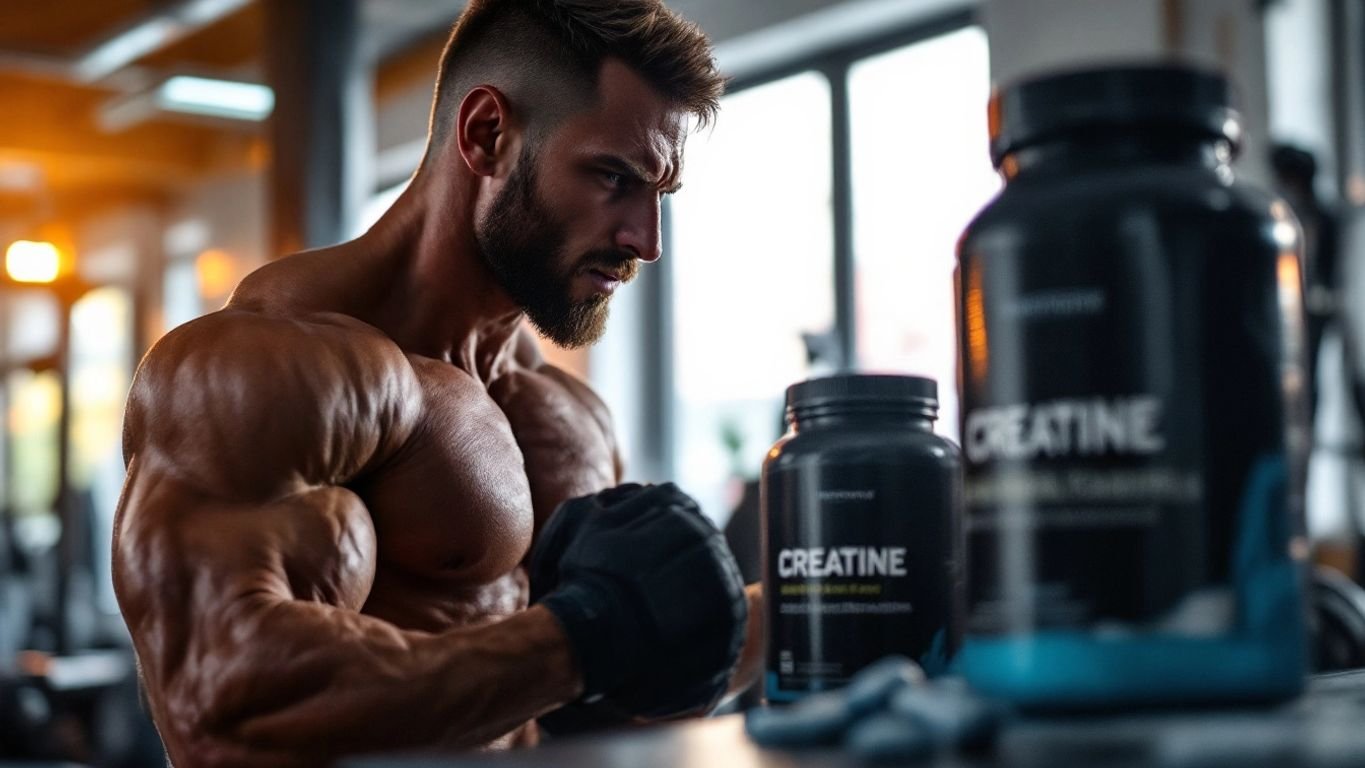
Creatine Mastery Guide
Everything you need to know about loading phases, water retention, and long-term safety of the world’s most proven supplement.
Full Protocol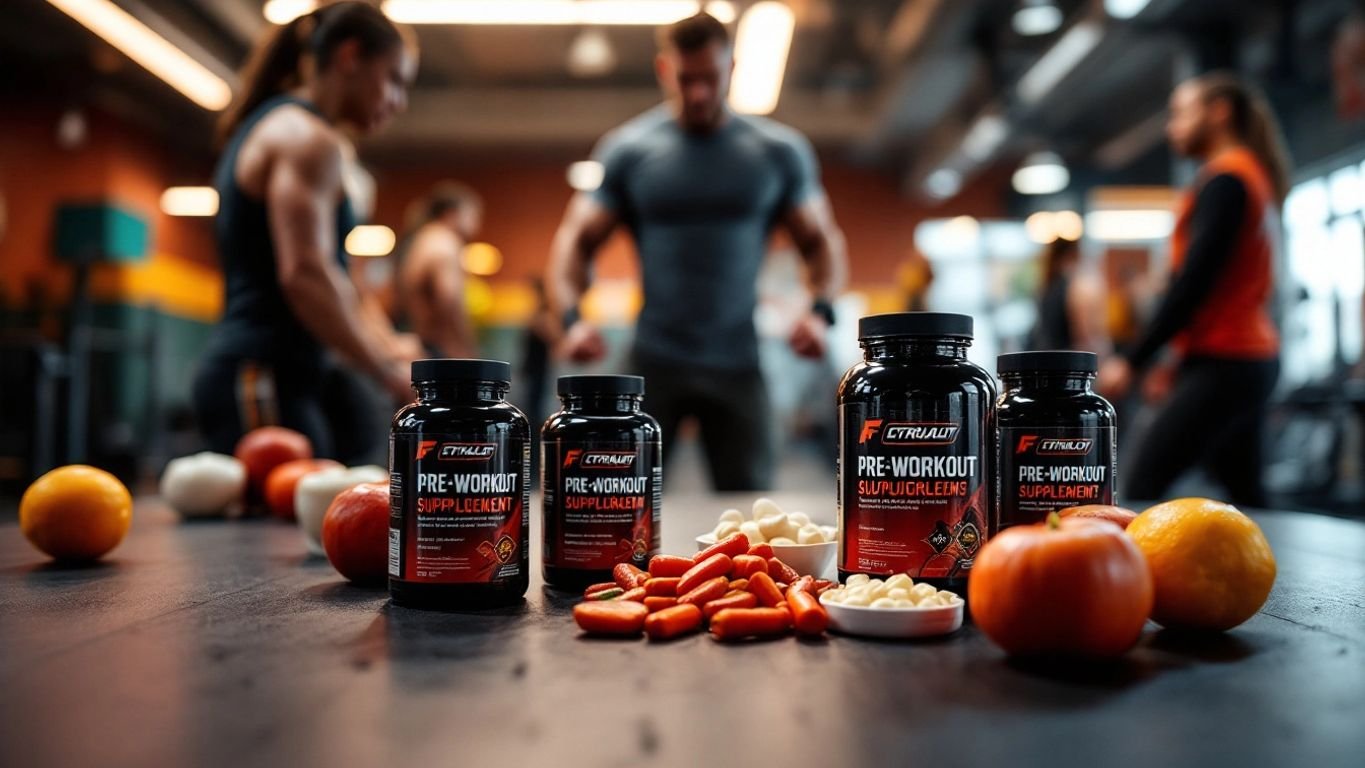
Pre-Workout Science
Finding the line between performance and stimulation. How to choose ingredients that improve blood flow without adrenal fatigue.
Full Protocol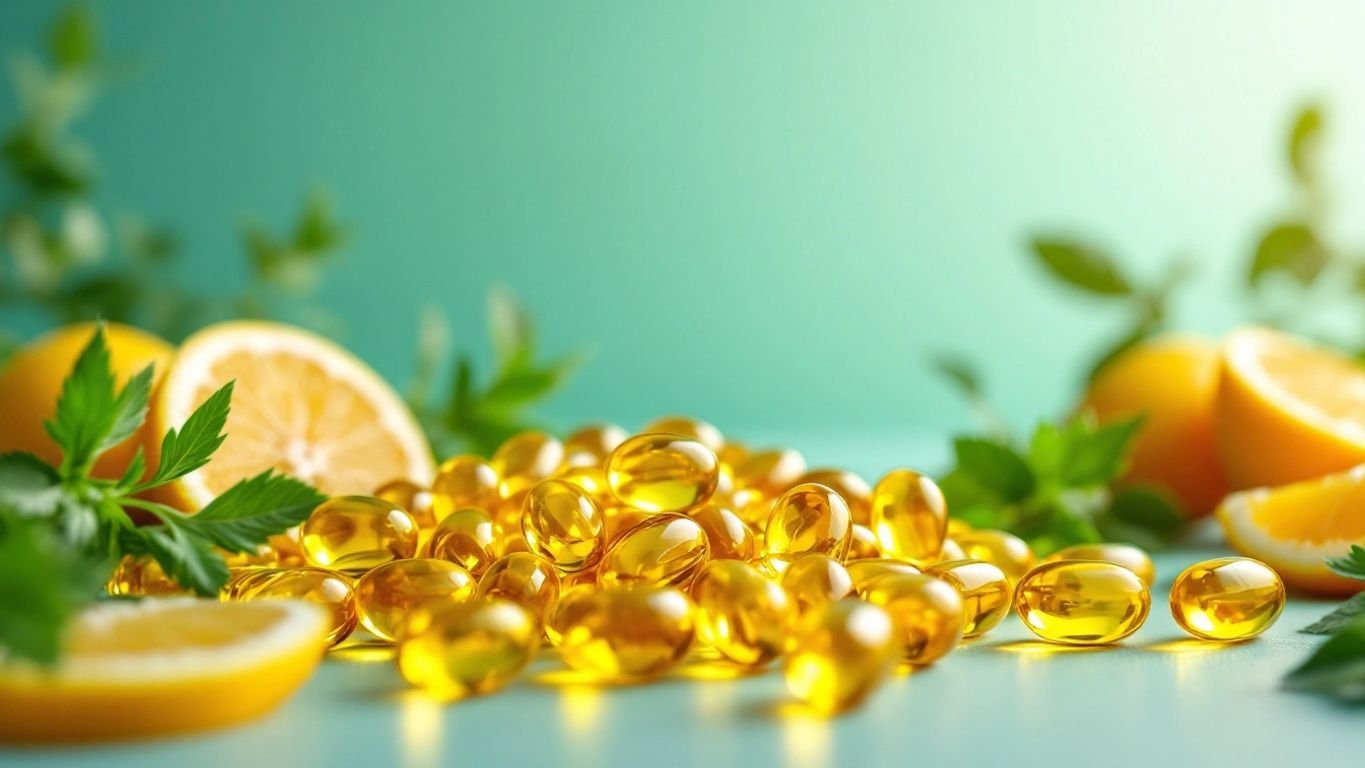
Omega-3 & Inflammation
The role of high-dose EPA/DHA in joint recovery and systemic inflammatory control after heavy lifting sessions.
Full Protocol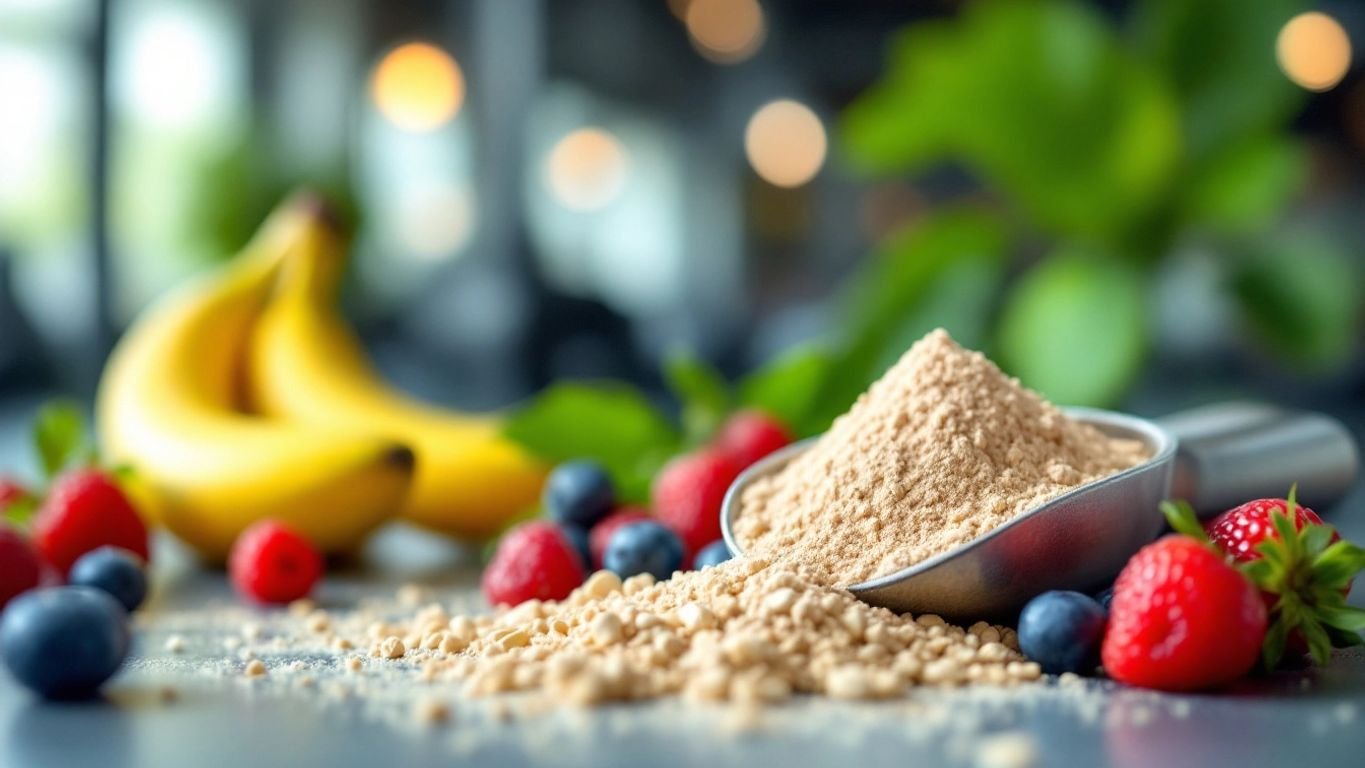
BCAA vs EAA Protocol
When do amino acids actually matter? Discover the intra-workout window and how it protects your muscle from catabolism.
Full Protocol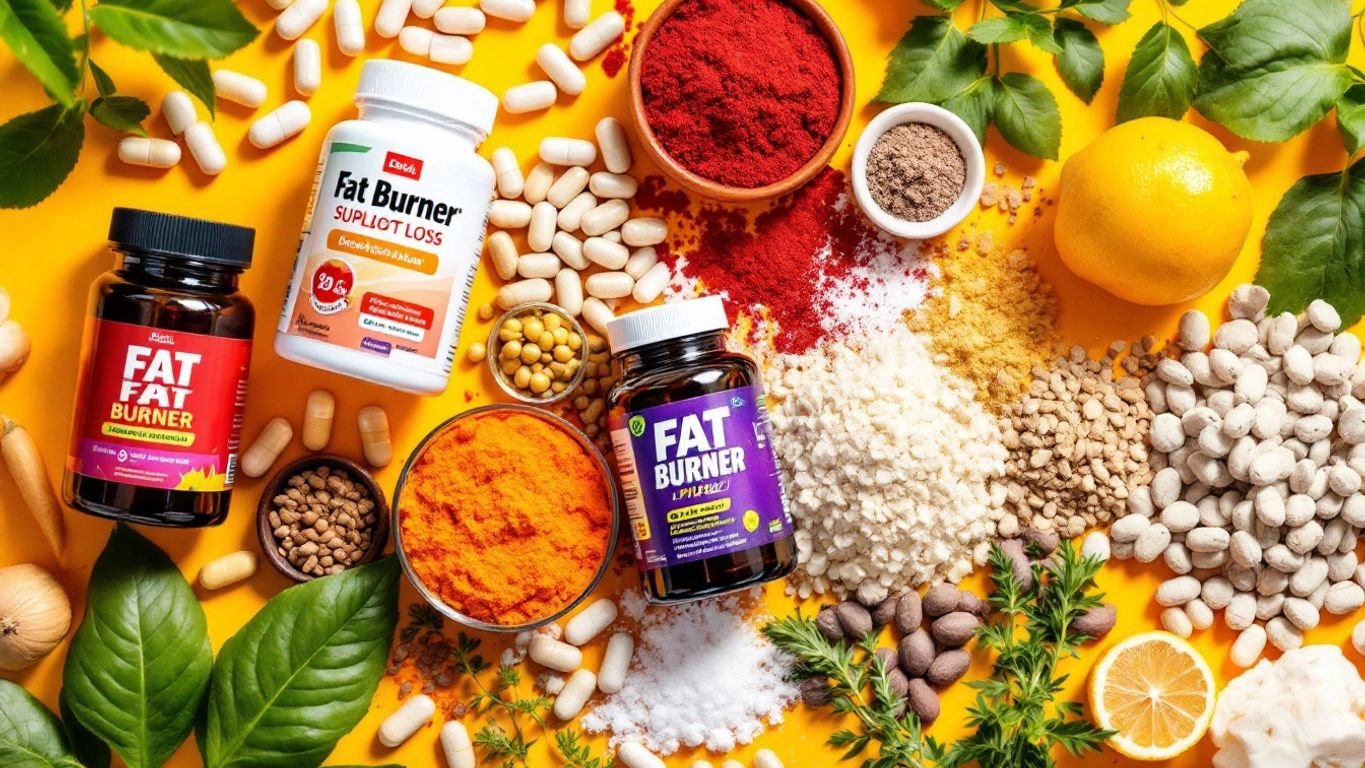
Metabolic Fat Burners
Using thermogenics to squeeze out the last 2-3% of body fat during a cutting phase without losing hard-earned lean mass.
Full Protocol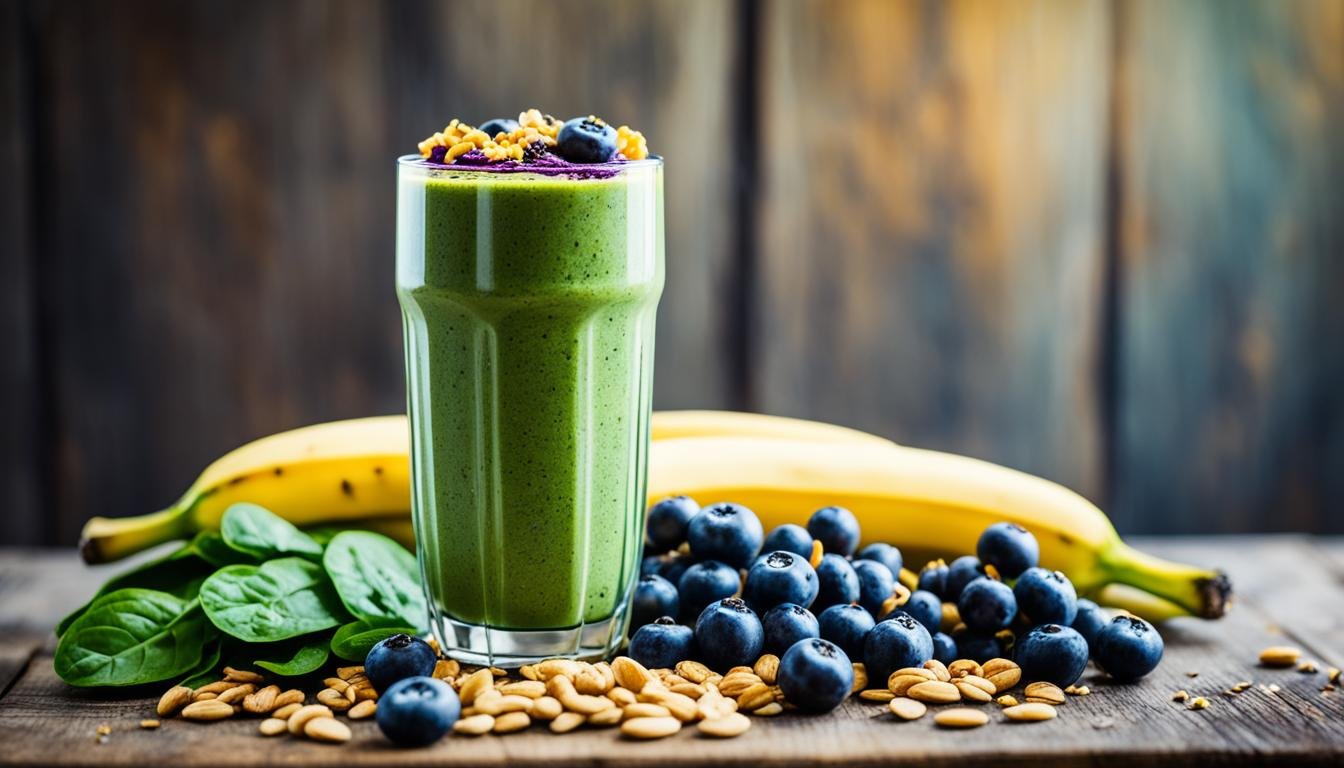
The Anabolic Smoothie
How to stack whole-food nutrients into a high-density liquid meal for post-training recovery and hormonal support.
Full ProtocolAdvanced Biohacking & Nootropics
Nutrition isn’t just for the muscles; it’s for the mind. Advanced biohacking involves using “smart nutrients” to improve focus, reduce performance anxiety, and improve the mind-muscle connection during training.
The Focus Stack
Combining L-Theanine with Caffeine provides the stimulation needed for training without the “jittery” crash. This 2:1 ratio ensures sustained focus and smooth energy delivery.
Neural Recovery
Lion’s Mane and Ashwagandha are adaptogens that help your nervous system recover from the stress of heavy lifting. They reduce baseline cortisol and improve systemic resiliency.
Anti-Inflammatory Shield
High-potency Curcumin and Tart Cherry juice are used to shut down delayed-onset muscle soreness (DOMS) without inhibiting the actual hypertrophic response.
Nutrition Myth-Busters
Myth: “Egg yolks increase bad cholesterol and should be avoided.”
The Truth: Whole eggs are the gold standard for male nutrition. The cholesterol in yolks is a direct precursor to testosterone synthesis. Studies show that for healthy athletes, whole egg consumption improves the hormonal profile and actually improves HDL (good) cholesterol levels.
Myth: “You must eat every 2-3 hours to keep your metabolism up.”
The Truth: Total daily calories and macronutrient composition determine your metabolic rate, not frequency. 3-4 high-protein meals are superior for most men, as they allow for better insulin sensitivity and steady amino acid levels without constant insulin spikes.
Myth: “Carbs after 6 PM will be stored as fat.”
The Truth: Your body doesn’t have a clock for fat storage. In fact, consuming complex carbohydrates in the evening can improve sleep quality by aiding in the production of tryptophan and serotonin. Total daily caloric balance is the only driver of fat gain.
Myth: “Soy protein is just as good as whey for building muscle.”
The Truth: Soy protein has a lower Biological Value (BV) and is lower in Leucine, the key amino acid for mTOR activation. Furthermore, excessive soy intake can have phytoestrogenic effects in some men. Whey remains the superior choice for muscle synthesis.
The Performance Kitchen
Execution is the bridge between a plan and a result. The “Performance Kitchen” requires professional-grade equipment that ensures you can meal prep high volumes with surgical precision and efficiency.

Vitamix A3500 Ascent Series
A high-performance blender is the backbone of the “Prime” lifestyle. Whether you are pulverizing raw fibrous vegetables for micronutrient density or blending high-protein smoothies, the Vitamix A3500 provides the power needed to create smooth textures and ensure maximum nutrient extraction.
Upgrade Your Kitchen
Ninja Foodi 10-in-1 Pro Air Fryer
Time is your most valuable resource. This XL air fryer allows you to cook massive quantities of lean protein (chicken, fish, steak) in half the time of a traditional oven, with zero added inflammatory oils. Perfect for the professional athlete who needs to prep 4-5 days of meals at once.
Upgrade Prep SpeedThe Prime Pantry
Metabolic Superfoods
-
1
Grass-Fed Ribeye
High-density B-vitamins, Zinc, and healthy saturated fats for androgen support.
-
2
Fermented Sauerkraut
Probiotics for gut health and improved nutrient absorption.
-
3
Organic Blueberries
Anthocyanins for metabolic health and anti-oxidant shield.
-
4
Wild Caught Salmon
Master source of EPA/DHA for heart and brain performance.
Metabolic Kryptonite
-
X
Seed Oils (Canola, Soy)
Highly inflammatory and disruptive to mitochondrial health.
-
X
High Fructose Corn Syrup
Immediate insulin spike and promotion of visceral fat storage.
-
X
Soy Protein Isolate
Phytoestrogenic profile and lower biological value than whey.
-
X
Artificial Sweeteners
Disruptive to gut microbiome and creates insulin confusion.
Seasonal Performance Cycles
The Winter Strength Block
During winter, focus on building mass and neural efficiency. Priority nutrients include higher Vitamin D3 (due to lack of sunlight) and increased caloric surplus. This is the time for “earthy” carbohydrates like potatoes and heavier protein sources like red meat to support heavy lifting and recovery.
The Summer Shred Phase
As temperature and daylight increase, shift to metabolic conditioning. Priority nutrients include increased electrolytes (due to sweat) and lower overall carbohydrates. Focus on lighter, high-water content foods and increased fiber to improve definition and keep inflammation low while training outdoors.
10 Essential Nutrition & Supplement Tips
01. Protein Pacing
Distribute protein intake into 4-5 meals (30-40g each) to keep Muscle Protein Synthesis peaked throughout the day.
02. Label Audits
Avoid proprietary blends. If you don’t know the exact dose of an ingredient, don’t trust the supplement.
03. Salt for Strength
Add sea salt to your pre-workout. Sodium is key for nerve conduction and the powerful “muscle pump.”
04. Magnesium Protocol
Take Magnesium Biglycinate before bed to relax the central nervous system and improve deep sleep quality.
05. Fiber Foundation
Gut health is linked to hormone health. Aim for 35g of fiber daily to keep metabolic inflammation in check.
06. Carb Timing
Time your highest carbohydrate meals around your training window to fuel performance and replenish glycogen.
07. Cycle Caffeine
Take 1 week off stimulants every 6-8 weeks to reset your adrenal sensitivity and maintain its effectiveness.
08. Saturated Fats
Don’t drop fats below 20% of your total calories, or your testosterone production will significantly decline.
09. Consistency Wins
A “good” diet followed for 365 days is vastly superior to a “perfect” diet followed for only 30 days.
10. Bio-Markers
Get blood work every 6 months. Nutrition is a guessing game until you see your actual laboratory data.
Athlete Intelligence FAQ
No, supplements are not strictly necessary if your whole-food diet is perfect and your recovery is optimal. However, the modern lifestyle makes hitting high-performance targets (like 1g of protein per lb) difficult through food alone. Supplements like whey protein and creatine serve as efficient, researched “multipliers” that simplify the process of reaching elite physiological markers.
Natural testosterone optimization is a triad: 1. Heavy compound resistance training (Squats, Deads, Presses); 2. 7-9 hours of high-quality sleep; 3. A diet rich in healthy saturated fats and micronutrients like Zinc, Vitamin D, and Magnesium. Minimizing alcohol and seed oils also prevents the estrogenic “leak” that lowers testosterone.
Yes. Creatine monohydrate is the most researched ergogenic aid in sports nutrition history. Decades of clinical trials show that long-term use (5g daily) is safe for healthy adults and even provides cognitive and neuroprotective benefits. It does not cause kidney damage in healthy individuals, though users should maintain proper hydration.
For active men looking to optimize muscle mass, the “Gold Standard” is 0.8g to 1.2g of protein per pound of bodyweight. If you are in a caloric deficit (cutting), you should aim for the higher end (1.2g/lb) to prevent muscle catabolism while you lose fat.
This is called “Body Recomposition.” It is most effective for beginners or those returning from a long break. It requires eating at maintenance calories while maintaining very high protein intake and consistent progressive overload in the gym. For advanced athletes, a dedicated bulk or cut cycle is typically more efficient.
Fat-soluble vitamins (A, D, E, K) must be taken with a meal containing fat to ensure absorption. Most multivitamins are best taken with breakfast to provide neural support throughout the day. Magnesium is best taken at night to promote central nervous system relaxation and deep sleep.
No. Total daily caloric balance is what determines fat gain, not the timing of carbohydrates. In fact, complex carbohydrates in the evening can help improve sleep quality by aiding in the production of tryptophan and serotonin, which leads to better recovery.
A “proprietary blend” is a label tactic where companies list a group of ingredients without disclosing the exact dosage of each. This is usually done to hide the fact that they are under-dosing the expensive, effective ingredients. Avoid any supplement that does not offer full label transparency.
Caffeine is the primary driver in most pre-workouts, so coffee can work as a stimulant. However, a specific pre-workout formula may also contain L-Citrulline for blood flow, Beta-Alanine for muscular endurance, and electrolytes that coffee lacks. Coffee is a good budget option, but targeted formulas offer more performance variables.
Sugar cravings are often a result of unstable blood glucose or mineral deficiencies (like Chromium or Magnesium). Increase your protein and fiber intake to stabilize blood sugar, and ensure you are eating enough calories. Once your hormones (leptin and ghrelin) are balanced, cravings typically vanish.
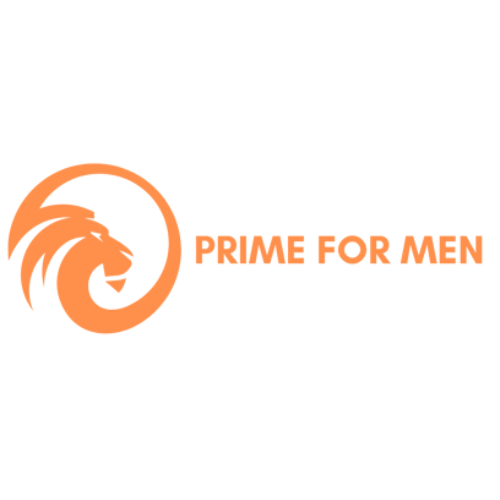




The Social Protocol
Performance doesn’t stop when you leave the gym. For most men, a single social event can derail an entire week of disciplined nutrition. The Social Protocol is designed to give you the tools to network, dine out, and socialize while maintaining a metabolic environment that continues to favor muscle gain and fat loss.
The Rule of “Protein First”
When dining at restaurants, always select your protein source first. Double the portion of lean steak, fish, or poultry. This ensures satiety and triggers Muscle Protein Synthesis before you are tempted by lower-quality side dishes.
Alcohol Management
Alcohol is a metabolic poison that temporarily shuts down fat oxidation and lowers protein synthesis. If you choose to drink, follow this hierarchy:
Protocol: Drink 16oz of water for every serving of alcohol to maintain cellular hydration and facilitate faster toxic processing.